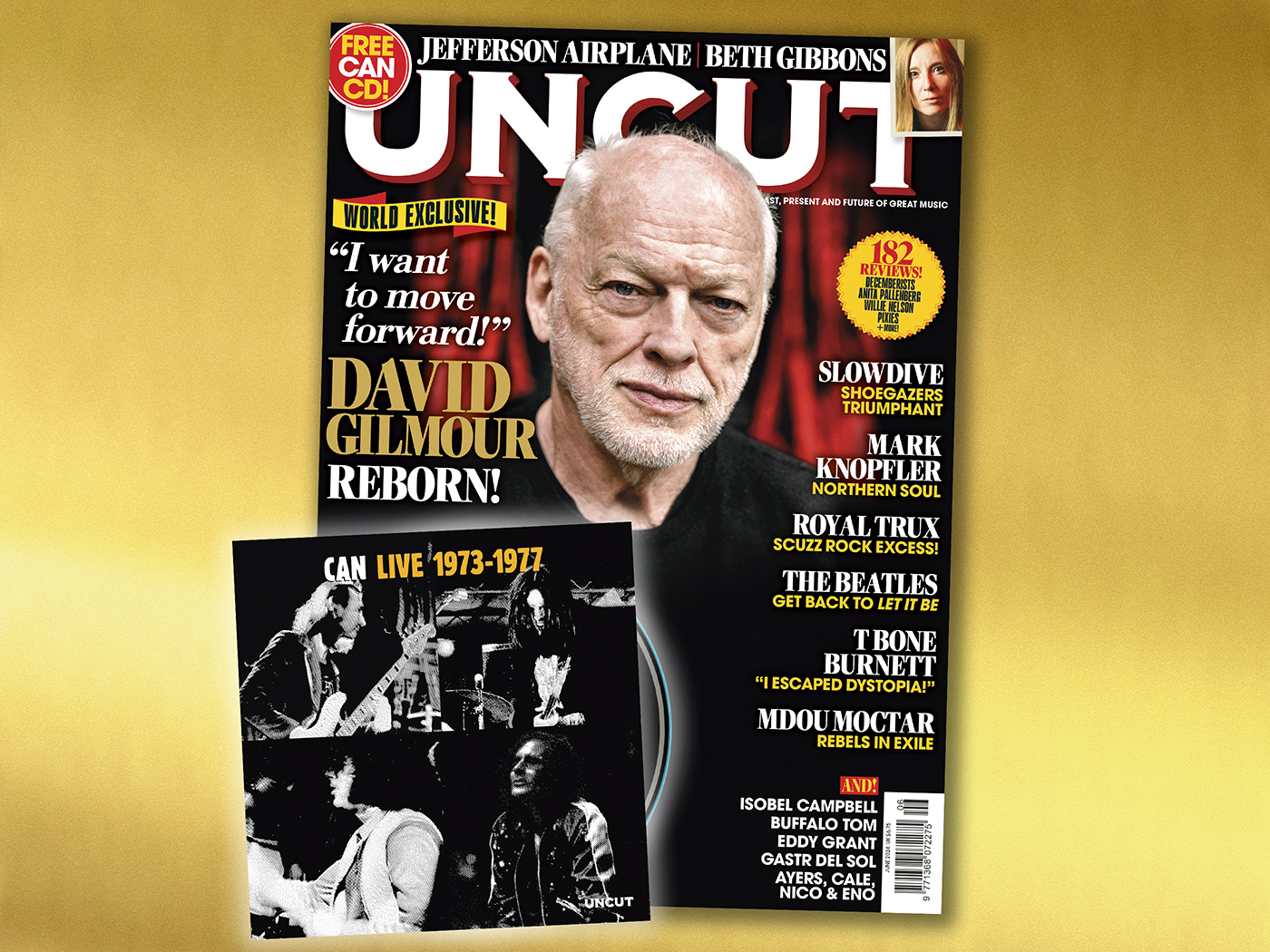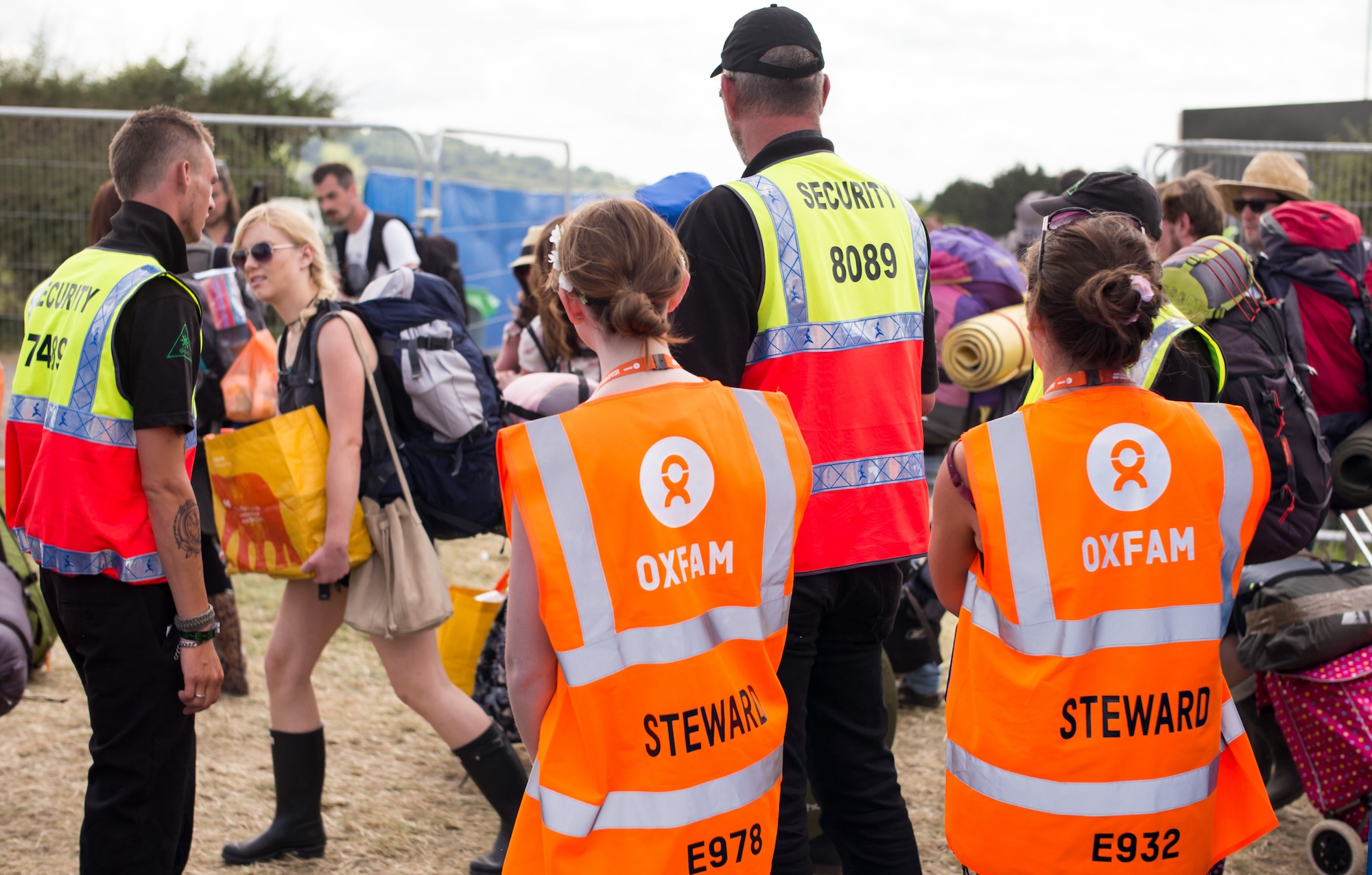
A Parliamentary debate on a petition calling for visa-free touring for UK artists and crew post-Brexit ended in the government essentially ignoring the idea and doubling down on the EU being at fault.
- READ MORE: “It’s going to be devastating” – here’s how Brexit will screw over British touring artists
Prime Minister Boris Johnson’s Brexit trade deal failed to secure visa-free travel for UK artists and their crew wishing to tour Europe (adding huge costs to future live music tours of the continent and preventing rising and developing artists from being able to afford it), prompting a row to erupt over who was responsible.
After over 280,000 people signed a petition calling for visa-free touring through the EU to be established for artists and crew, the campaign was confirmed to be debated by MPs in Parliament. The debate happened today (February 8), with over an hour of testimony coming from cross-party politicians, calling on the government for action and clarity to prevent the prohibitive new rules around touring from damaging the £5.7billion music industry.
Throughout the debate, politicians echoed the anger of many in the industry about the glass-ceiling that this will create for developing talent, as well as claims from European promoters that they’re likely to book fewer UK acts for events and that a great deal of jobs and income for crew, haulage and production will be lost to the EU with operations based in Britain now unviable.

Another repeated sentiment was that Brexit only stood to damage the UK’s “soft power” as a leading force in music, and that visa-free travel throughout the EU for artists and crew would be the easiest solution. After the UK government said they put the responsibility for the lack of arrangements for artists at the foot of the EU and the European Commission then denied that they had rejected the UK’s “ambitious proposals” and had in fact made them a promising offer, MPs today called for the “blame game to end” and for a mutually beneficial solution to be found.
However, in responding to all MPs’ statements and questions, the Conservative Minister for Digital and Culture in the Department for Digital, Culture, Media Caroline Dineage did not suggest that negotiating visa-free touring was an option and repeated that “the UK pushed for ambitious arrangements” but that “quite simply the EU rejected this and there was no counteroffer”.
She repeated that “this isn’t a blame game, the outcome is deeply regrettable” and that “our door remains open [with] scope to return to this issue should the EU change its mind”.

While highlighting that UK artists are allowed to visit France without a visa for 90 days, the minister said that “performers from the UK are still very much welcome to perform in the EU and vice versa” and highlighted that “each EU member state will have their own requirements for this”. “The UK remains open for musicians to tour here,” she said, pointing out that crew from non-visa countries such as EU member states and the US are allowed to perform in the UK for up to one month without requiring a visa if they’re paid by a UK source, and allowed to play for up to three months if supported by “a registered tour sponsor”.
“The UK’s offer to touring professionals is more generous than that of other EU member states,” Ms Dineage claimed, arguing that “it is absolutely within the gift of each EU member state to improve their own arrangements if they want to encourage a more vibrant and welcoming environment in their own country.”
She continued: “As a government, we will engage in bilateral partners to find ways to make life easier for those working in the creative industries in countries across the EU – but we can all play a part in this. There is an onus on all of those who care about this issue, for all those who signed this petition, these are not EU rules. These are rules decided in each member state country.”
In her closing statement, Ms Dineage did not allude to seeking a visa-free musicians’ passport but said that the government were “absolutely committed to supporting individuals and businesses” and helping them to “understand and navigate the actions that they will now need to take” and “make new processes as straightforward as possible for UK artists performing across the country”. She also mentioned the newly-formed Cultural and Creative Touring Group, which would work across government departments and with the music industry to help smooth the process.
“This is about action and not words, it is about working collaboratively and urgently to address the range of issues raised with a view to improving processes and decreasing burdens to help the sector work and tour confidently in the EU,” she added.
With supporters of the petition assuring the government that this issue was “not going away”, chair of the committee Catherine McKinnell ended by quoting artists who had said that the Brexit deal would make touring Europe “a logistical nightmare”, would mean that many “will never be able to afford to play in Europe again” and threatens to “destroy British DIY music – arguably one of the UK’s greatest exports”.
“We are the country that produced The Beatles, The Rolling Stones, Elton John, Queen and other cultural exports that are revered around the world,” said McKinnell. “It would be an absolute tragedy to lose that status as a cultural hub. So we need to see real leadership and foresight from the government to urgently get back to the table and sort this out.”
Today saw more artists speak to NME about how the Brexit deal could impact on the touring of Europe, with many arguing that they simply won’t be able to afford it or to be able to hire UK road crew.







